In a statement posted on its Telegram channel, the Sunni militant group said two IS members detonated explosive belts in a crowd gathered at the Kerman Martyrs Cemetery in the southeastern Iranian city of Kerman on Wednesday.
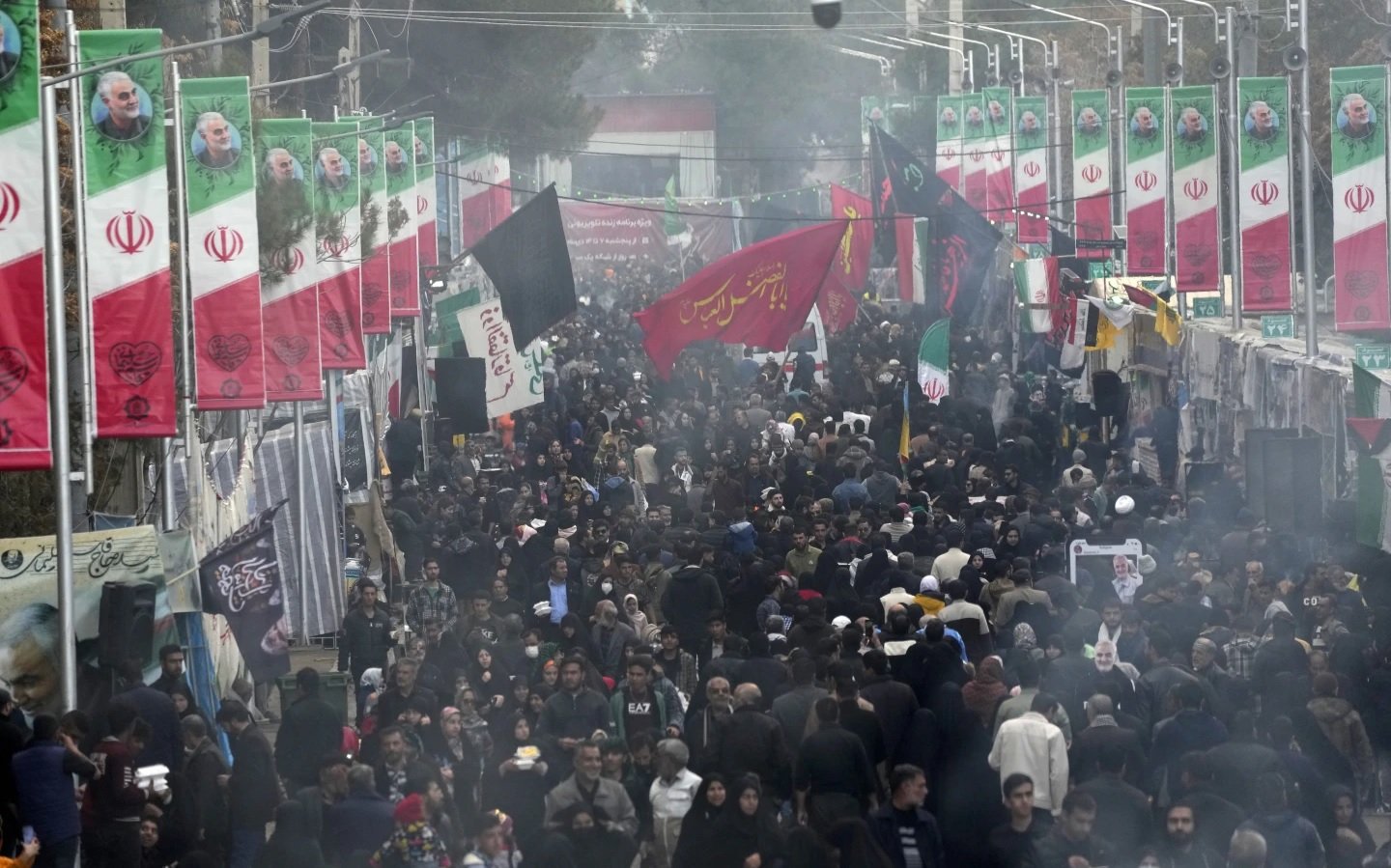
People walk along the road leading to the Kerman Martyrs Cemetery to commemorate the fourth anniversary of the death of Major General Qasem Soleimani in Kerman, Iran on January 3, 2024. Photo: AP
The incident occurred as the memorial was marking the fourth anniversary of the death of Major General Soleimani, who was assassinated by a US drone in Iraq in 2020. White House spokesman John Kirby said there was no doubt about IS's claim of responsibility.
Iran has vowed to avenge the attack, the deadliest since the 1979 Islamic Revolution. In addition to the 84 people killed, the twin blasts also injured 284, including children. Iranian authorities have called for mass protests on Friday, when the victims' funerals will be held.
Iran's powerful Revolutionary Guards described the attacks as cowardly acts "aimed at creating insecurity and seeking revenge for the nation's deep love and devotion to the Islamic Republic".
Iranian President Ebrahim Raisi condemned what he called a “heinous and inhuman crime” on Wednesday. Supreme Leader Ayatollah Khamenei vowed revenge for the bombings.
The United Nations Security Council in a statement condemned what it called a "cowardly terrorist attack" on Wednesday and expressed condolences to the families of the victims and the people of Iran.
Aaron Zelin, an expert at the Washington Institute for Near East Policy, said he would not be surprised if the attack was carried out by the Islamic State affiliate based in neighboring Afghanistan, known as ISIS-Khorasan or ISIS-K.
ISIS-K has been blamed for many failed attacks in Iran over the past five years, he said, adding that most of those arrested were Iranians, Central Asians or Afghans from the IS affiliate in Afghanistan, rather than from the group’s network in Iraq and Syria.
ISIS, a Sunni Muslim group, harbors a deep hatred for Shiite Muslims, who are the majority in Iran and are often targeted in Afghanistan, he said. IS views Shiites as apostates.
IS claimed responsibility for an attack on a Shiite mosque in Iran that killed 15 people in 2022 and several other previous attacks, including twin bombings in 2017 that targeted Iran's parliament and the mausoleum of the Islamic Republic's founder, Ayatollah Ruhollah Khomeini.
Hoang Anh (according to AP, Reuters)
Source


![[Photo] Students of the Academy of Posts and Telecommunications visit the editorial office of Nhan Dan Newspaper](https://vstatic.vietnam.vn/vietnam/resource/IMAGE/2025/3/26/51093483a84448ccb39d59333ead674e)
![[Photo] General Secretary To Lam receives Singaporean Prime Minister Lawrence Wong](https://vstatic.vietnam.vn/vietnam/resource/IMAGE/2025/3/26/4bc6a8b08fcc4cb78cf30928f6bd979e)
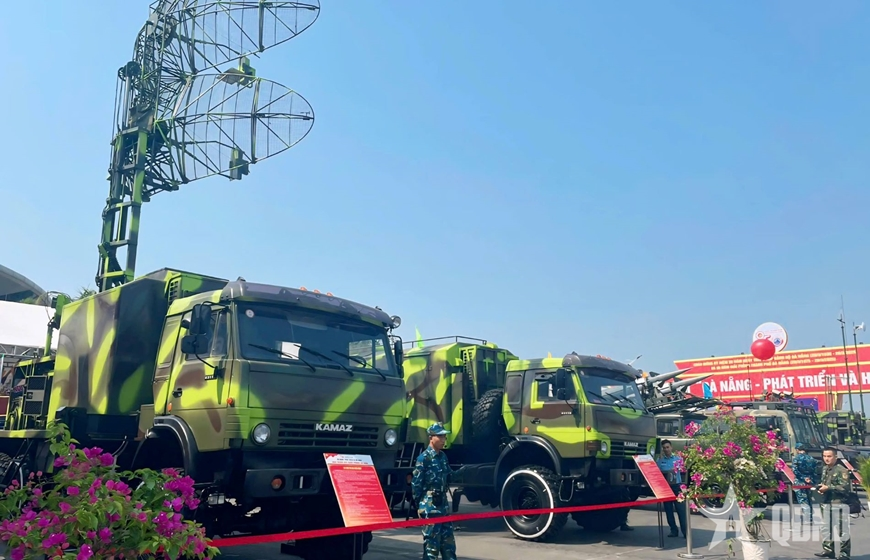
![[Photo] Editor-in-Chief of Nhan Dan Newspaper Le Quoc Minh receives Iranian Ambassador Ali Akbar Nazari](https://vstatic.vietnam.vn/vietnam/resource/IMAGE/2025/3/26/269ebdab536444818728656f8e3ba653)
![[Photo] President Luong Cuong attends the 90th Anniversary of Vietnam Militia and Self-Defense Forces](https://vstatic.vietnam.vn/vietnam/resource/IMAGE/2025/3/26/678c7652b6324b29ba069915c5f0fdaf)
![[Photo] Prime Minister Pham Minh Chinh attends the launching ceremony of the "Digital Literacy for All" Movement](https://vstatic.vietnam.vn/vietnam/resource/IMAGE/2025/3/26/a58cb8d1bc424828919805bc30e8c348)
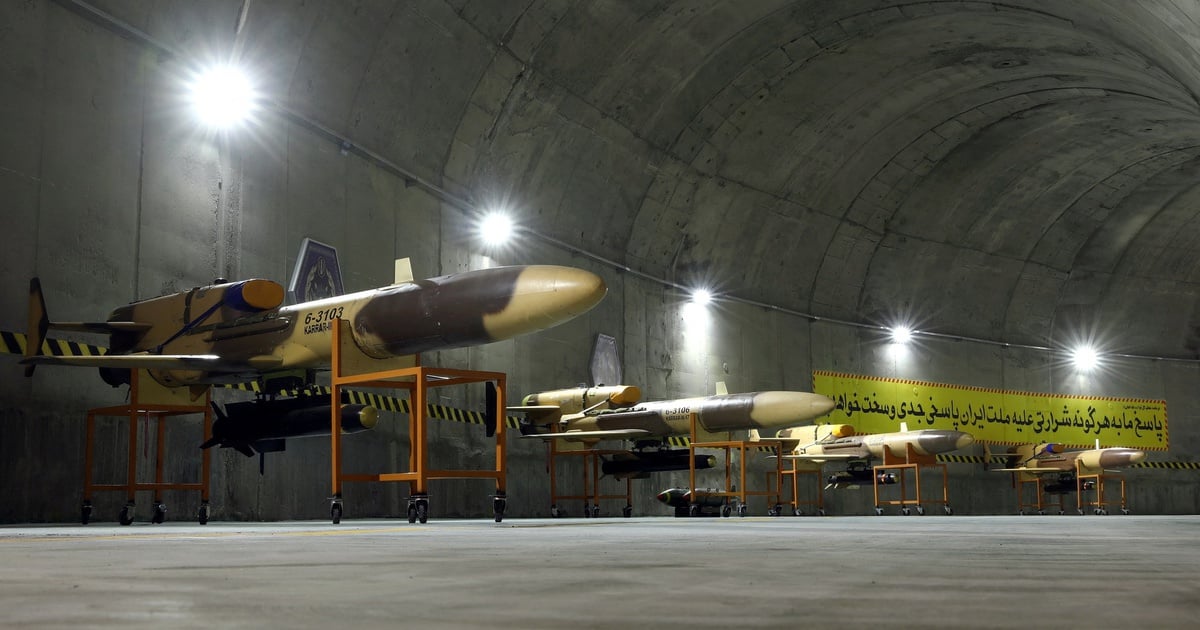

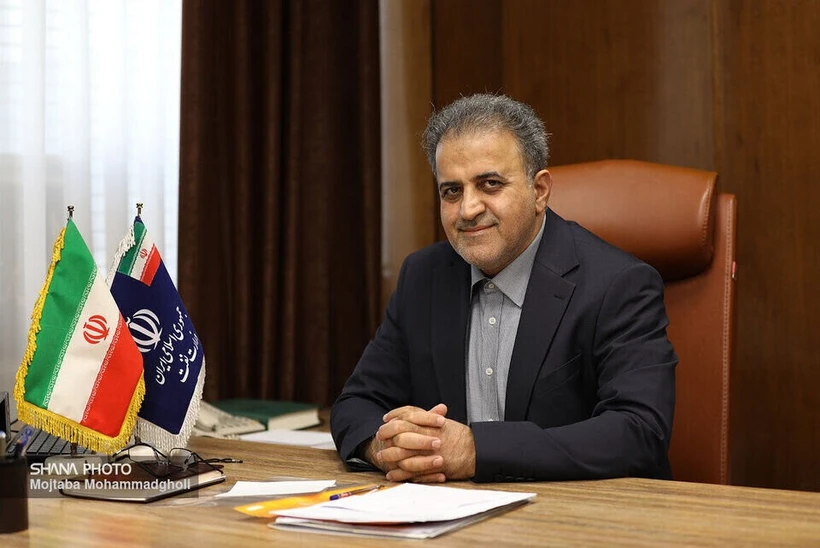


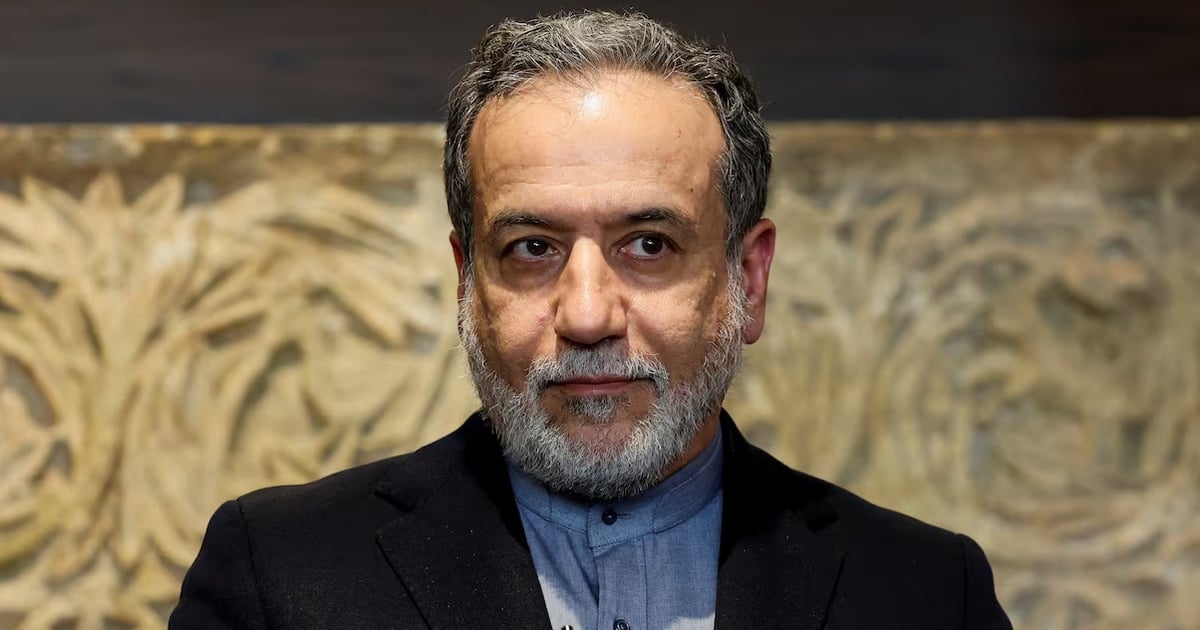
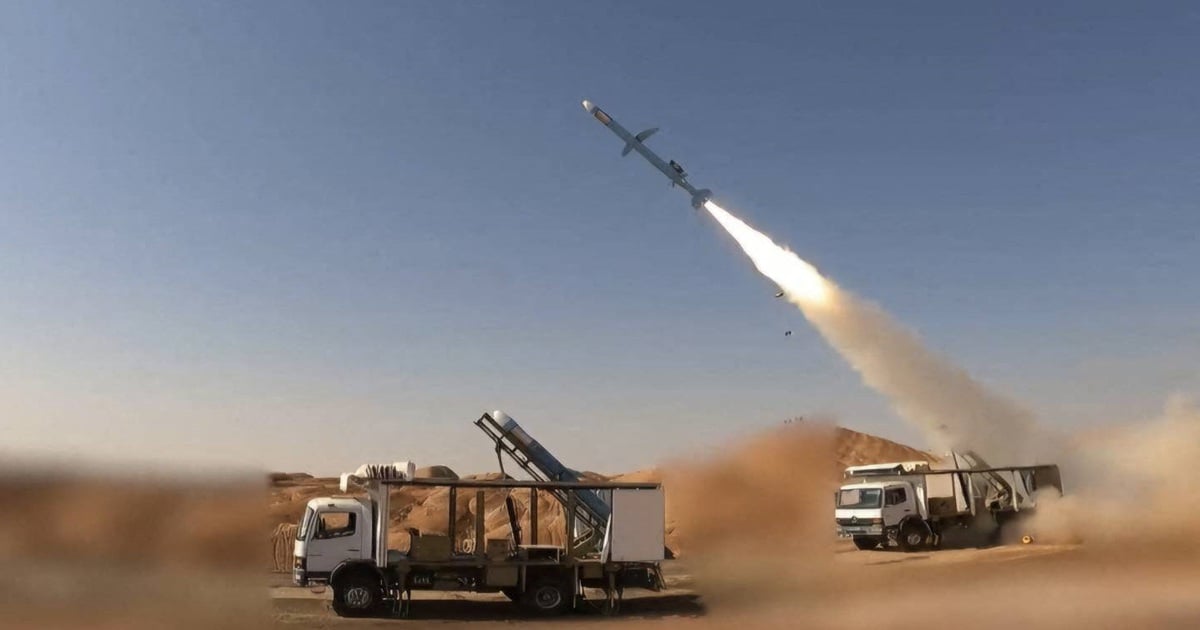
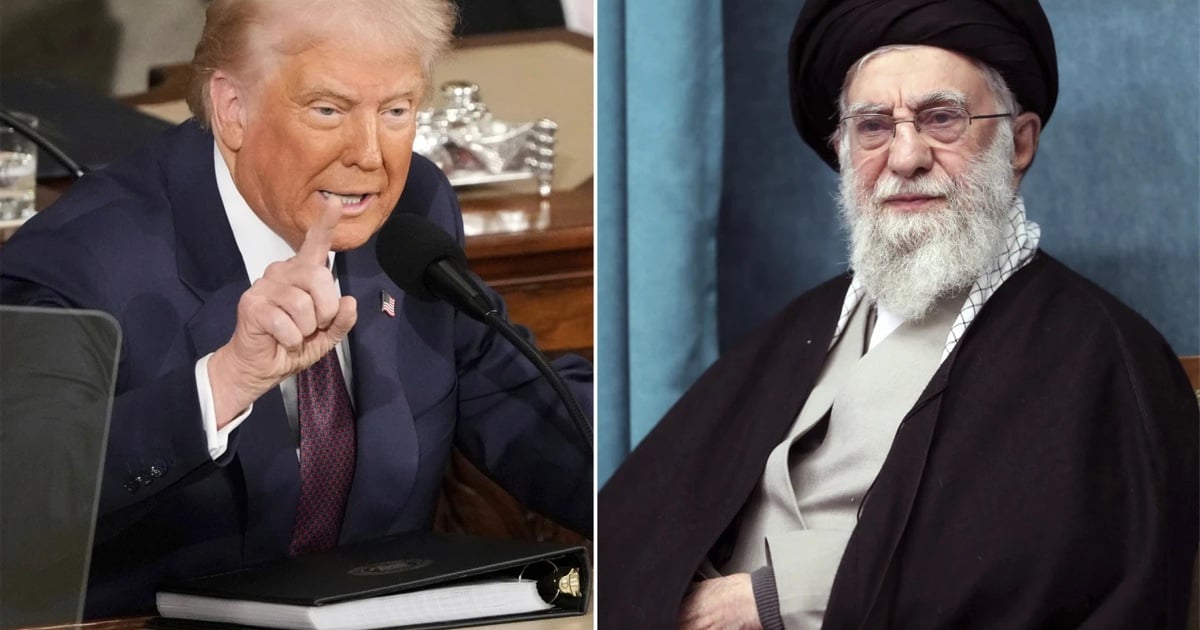


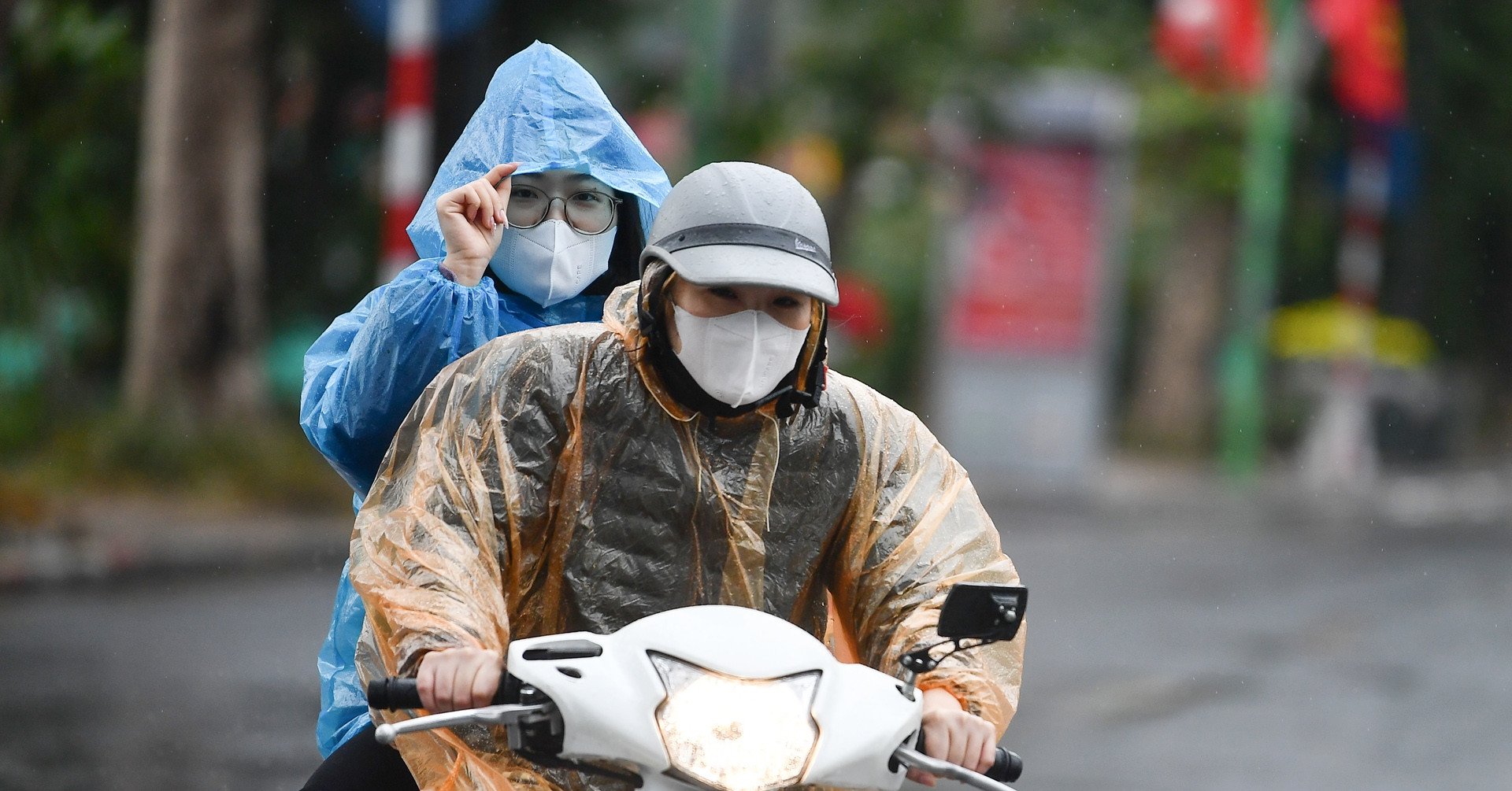
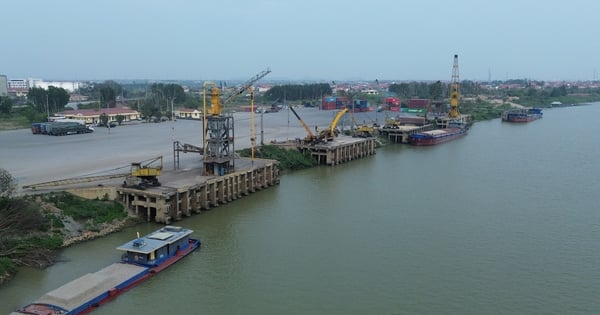
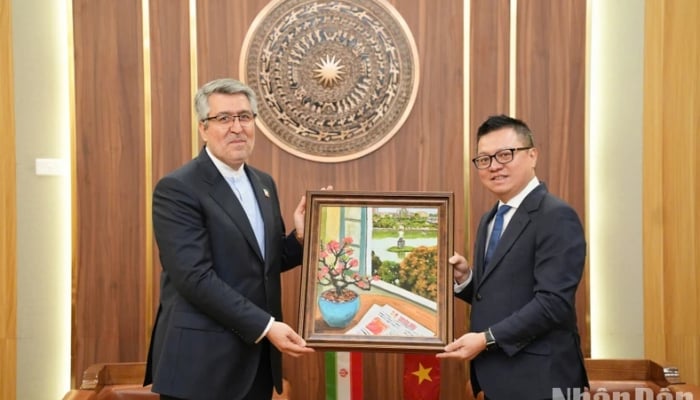









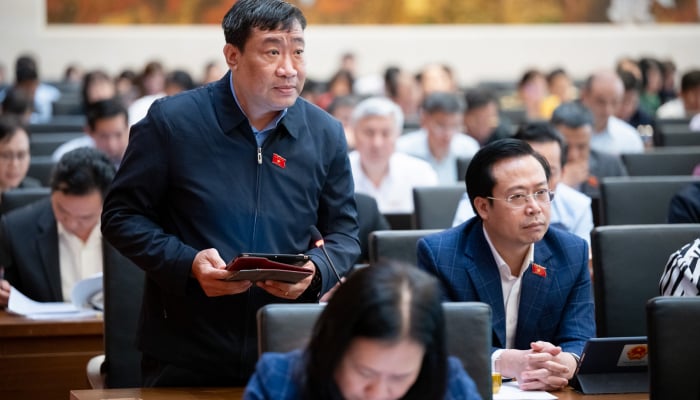



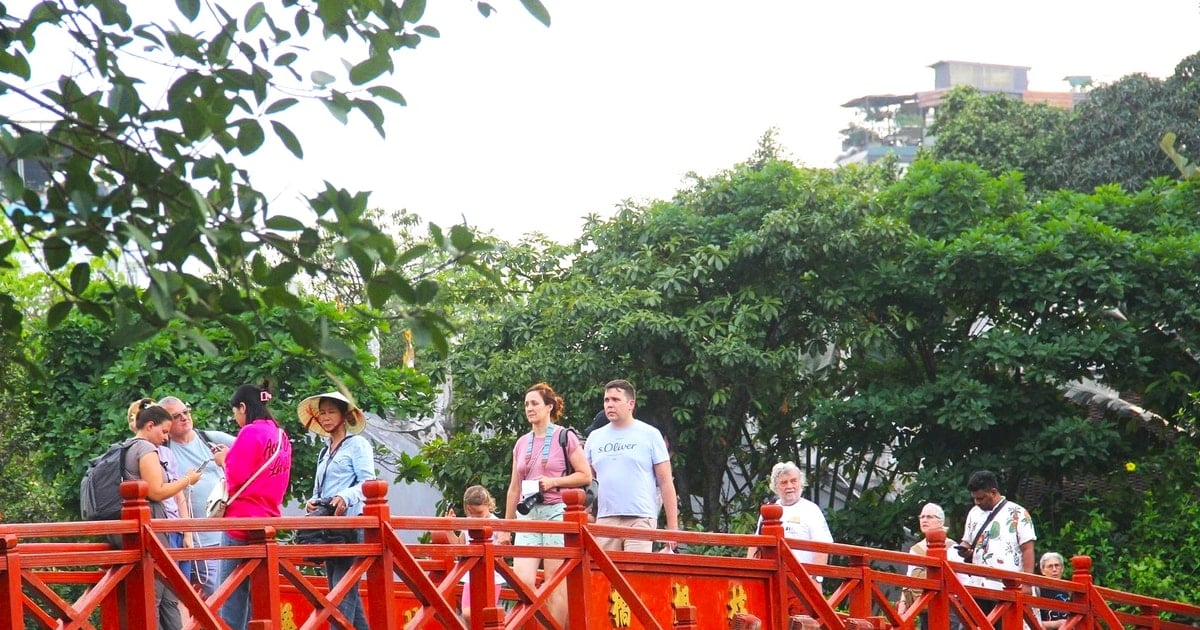



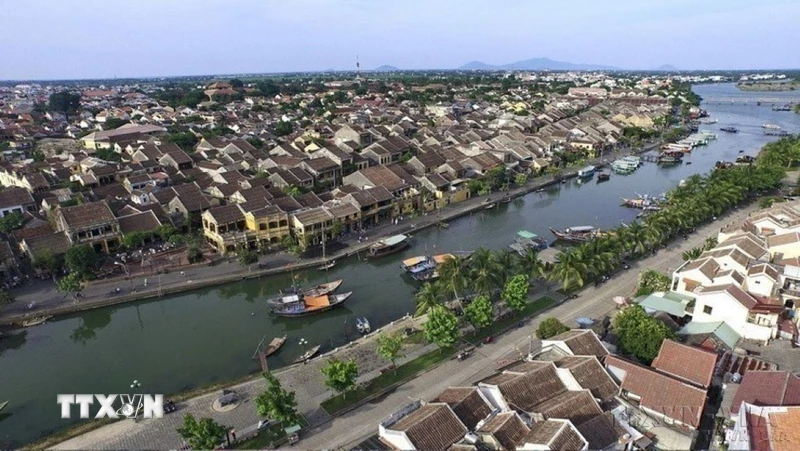




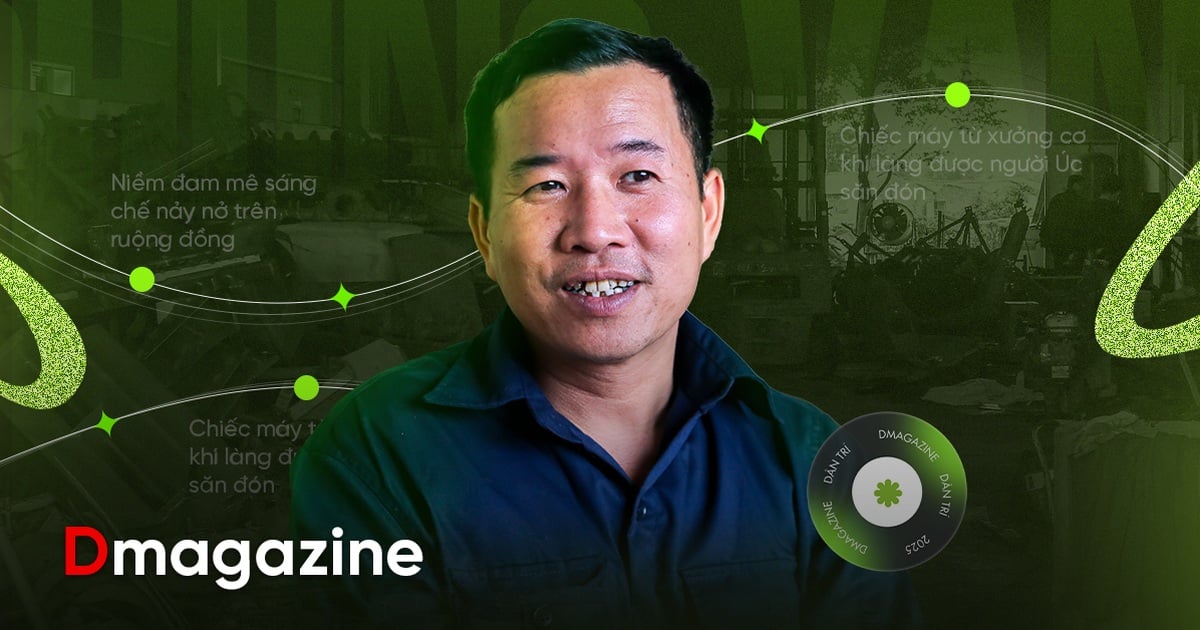

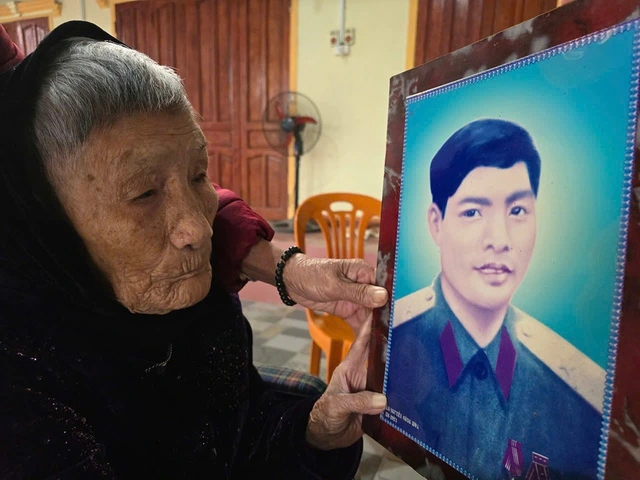
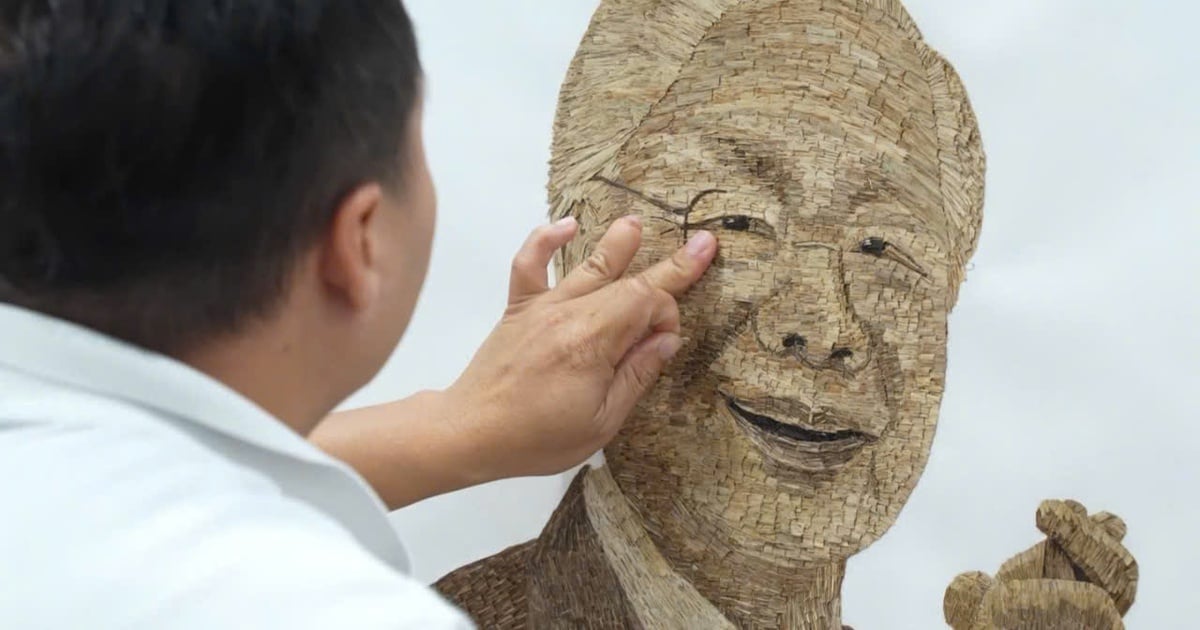

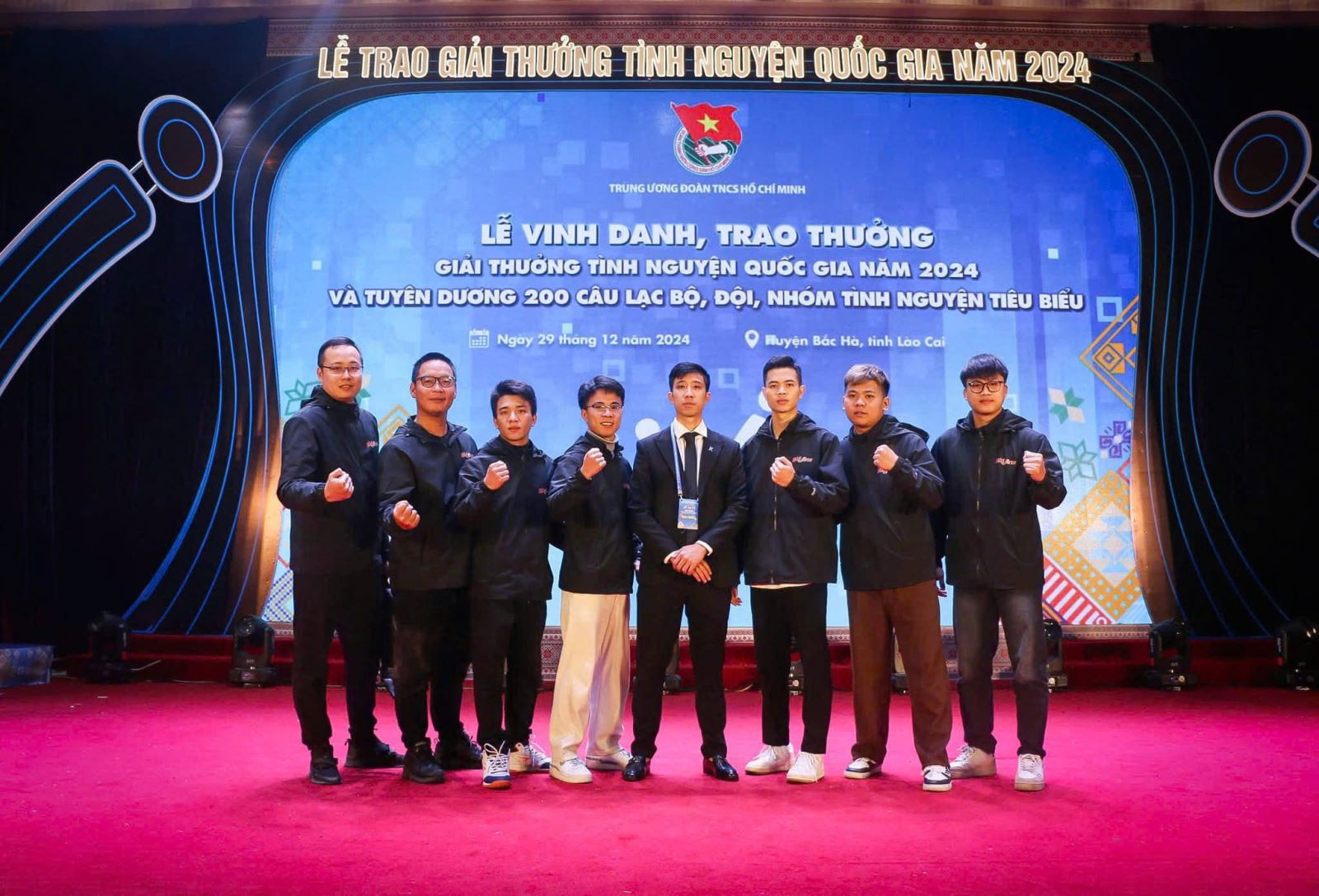











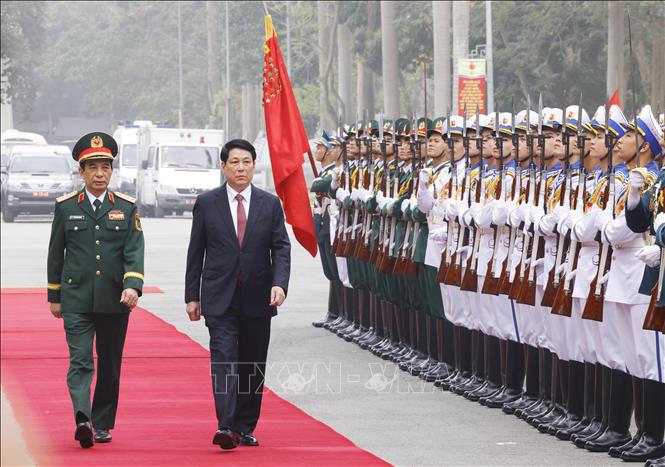
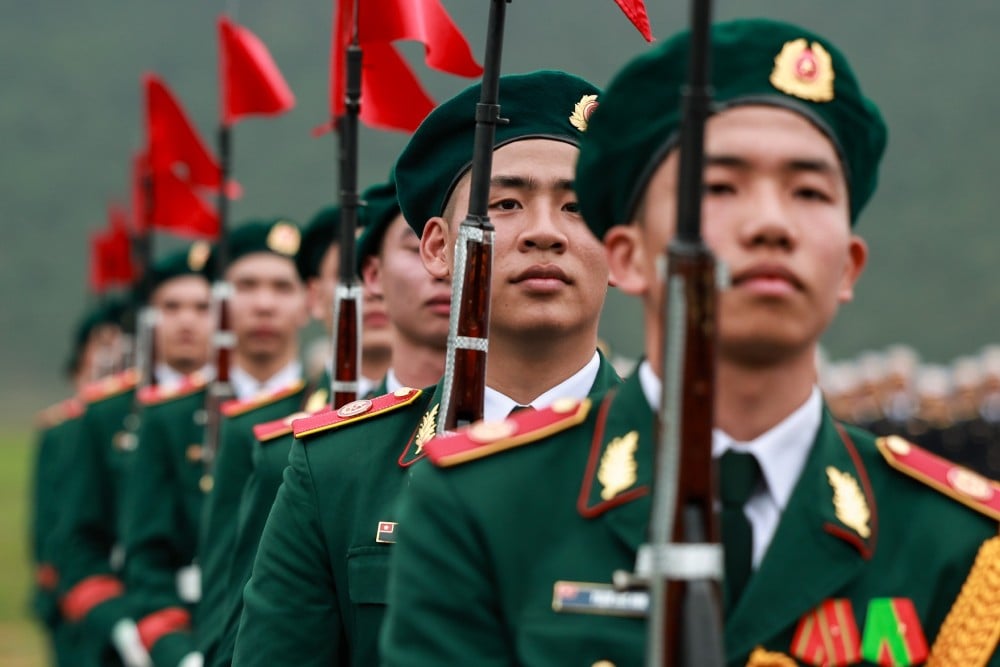



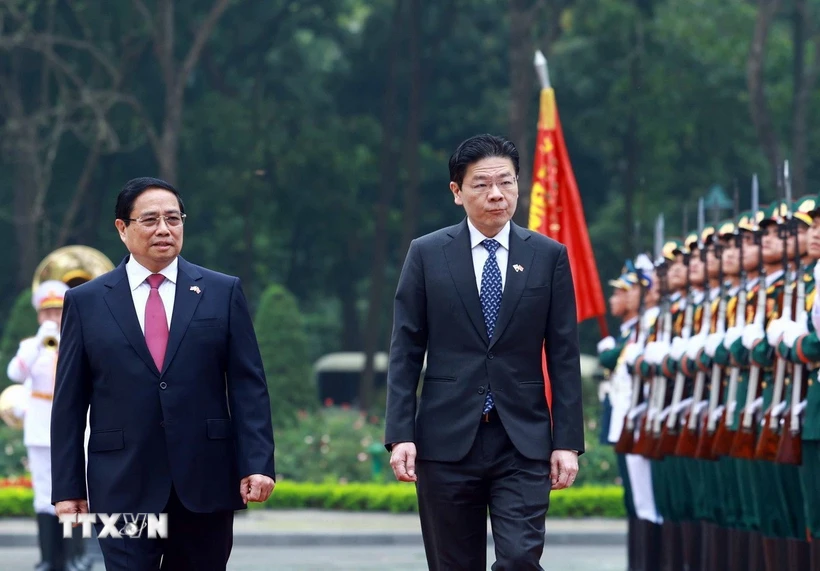


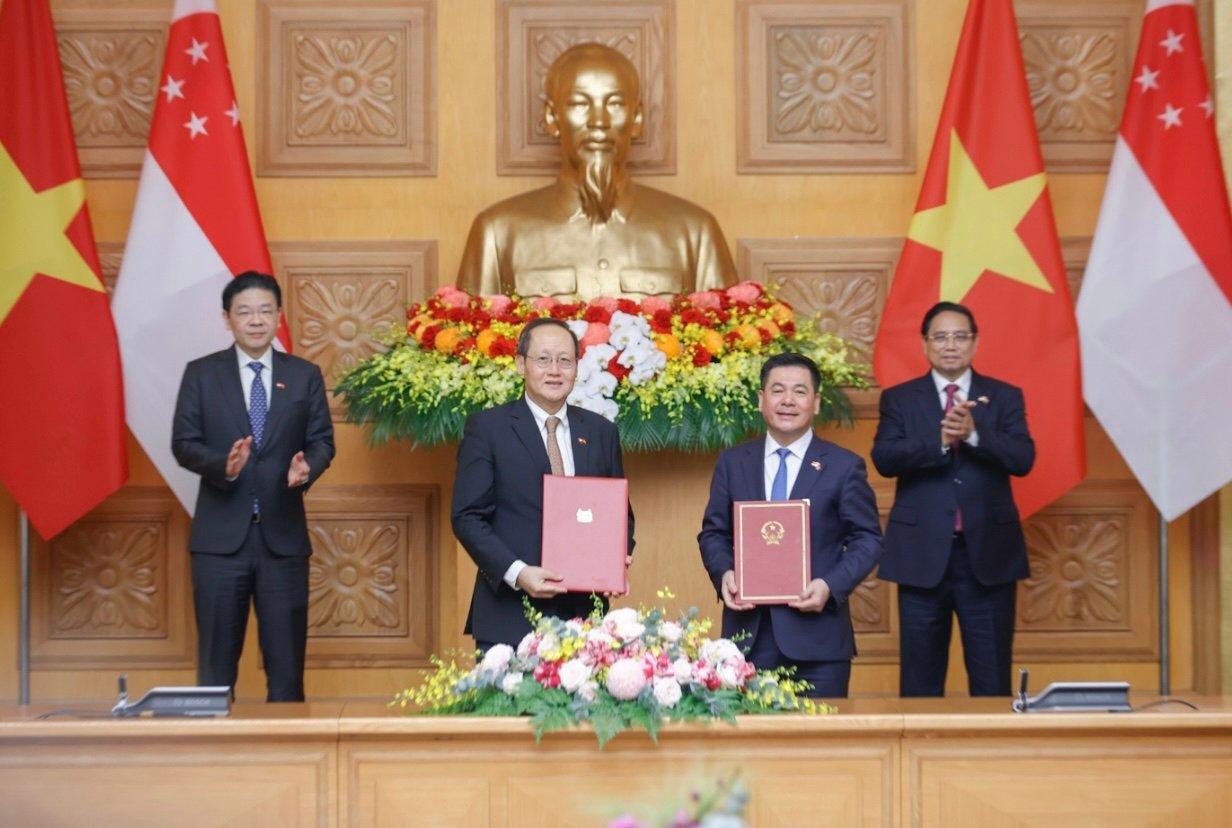





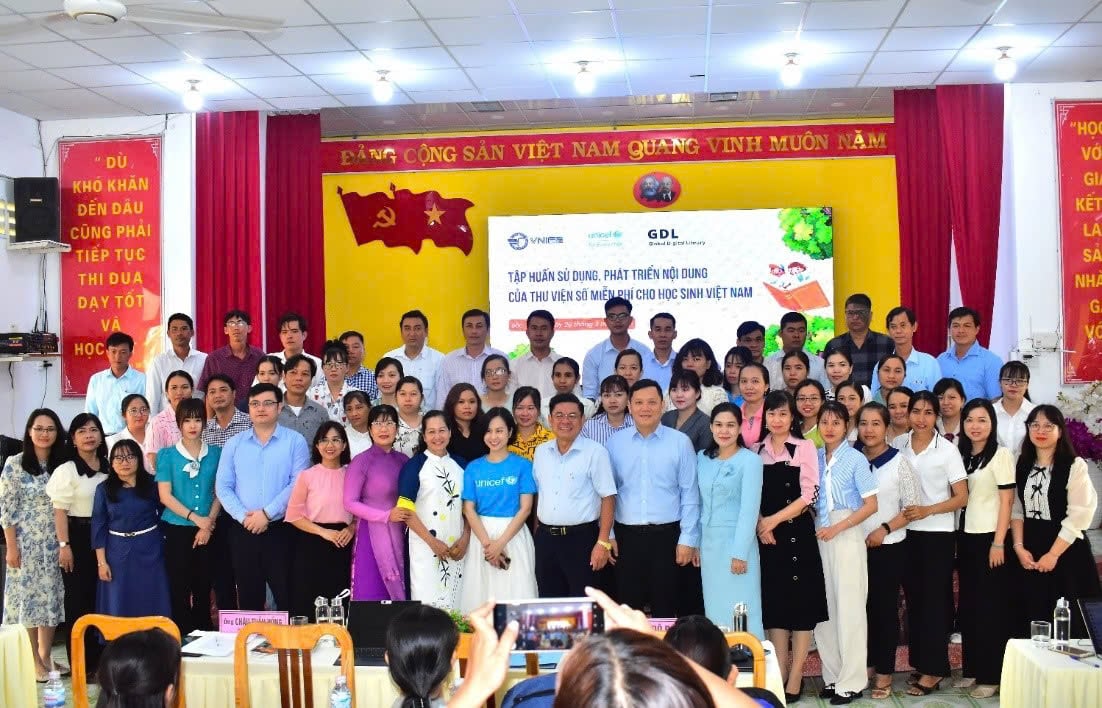




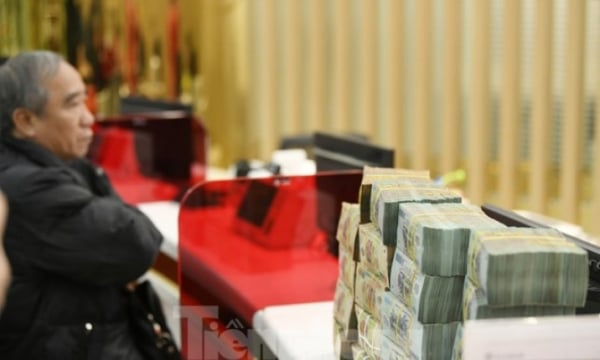
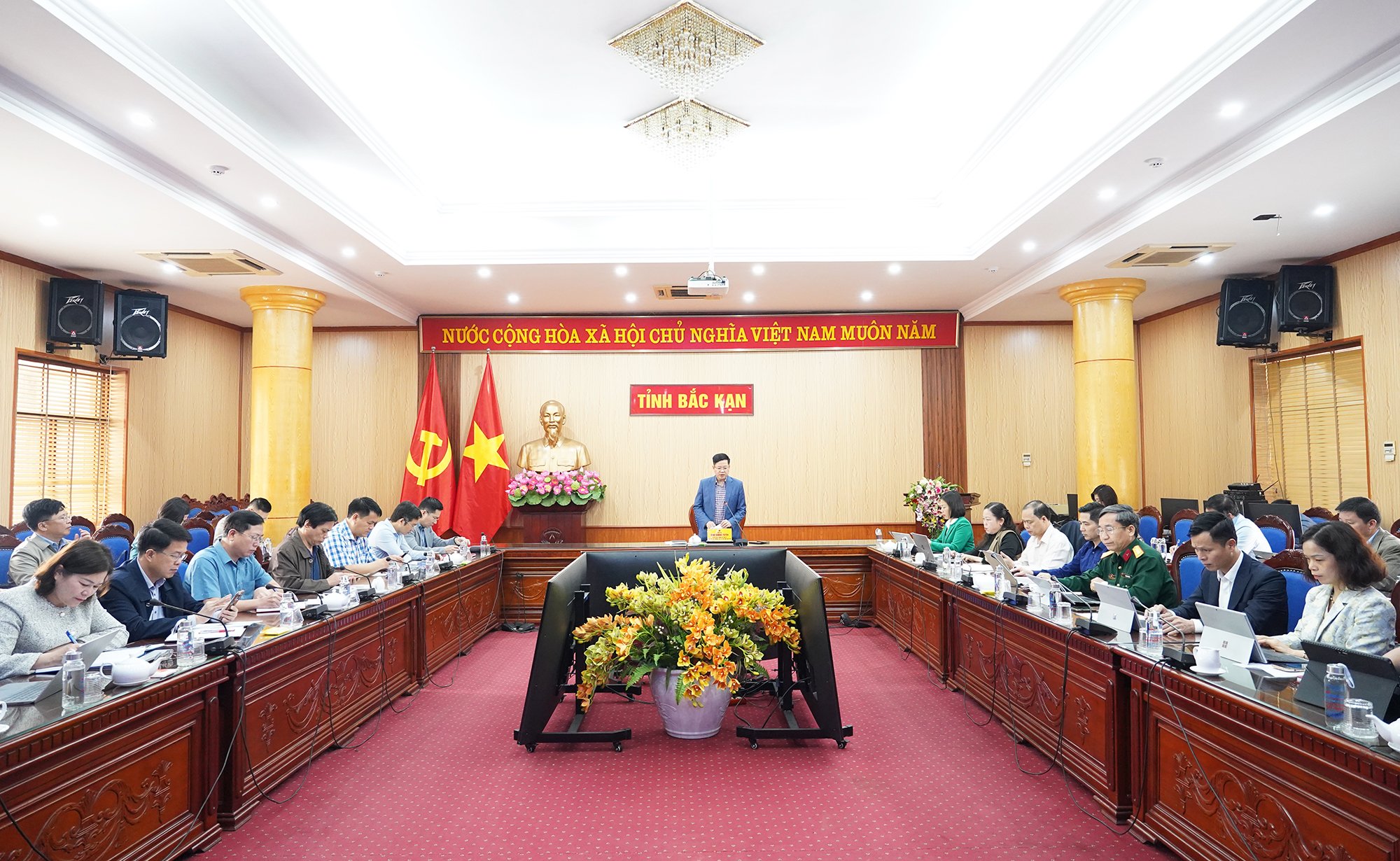




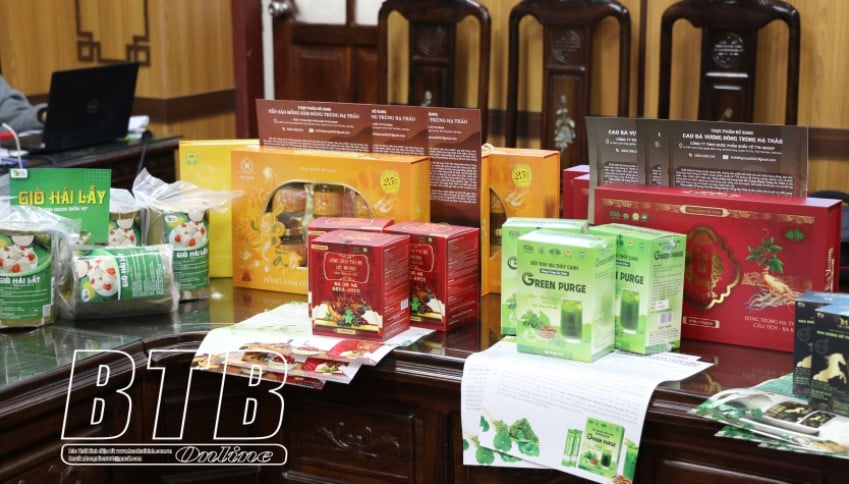





Comment (0)